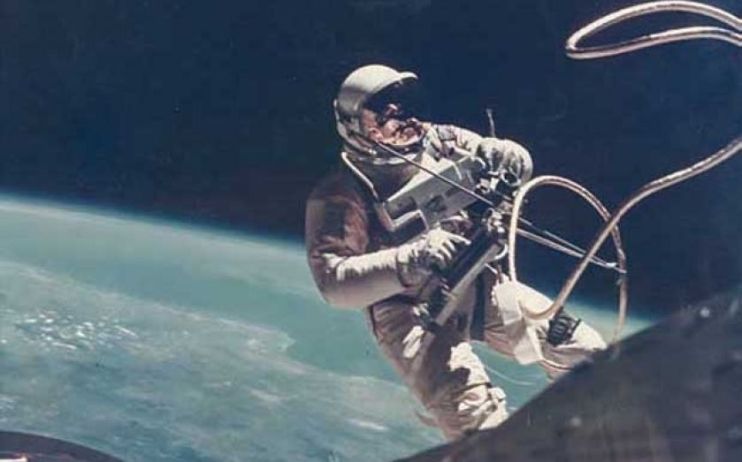Business of Space: Reusable rockets, space junk and new markets ‘ripe for overhaul’

City A.M.’s Millie Turner offers up a roundup of the most important news across the space industry, every Friday.
This week:
- D-Orbit to supply key parts for ESA rocket
- The US says no to space junk
- Satellite connection on place ‘ripe for overhaul’
D-Orbit inks fresh supply deal
D-Orbit has cut a deal with Beyond Gravity to deliver critical tools and structural components for the European Space Agency’s (ESA) reusable spacecraft.
Satellite launch firm D-Orbit, founded in Italy in 2011, will supply lightweight, carbon fibre-reinforced polymer tools and metal parts for the spacecraft’s flight capabilities, it announced on Tuesday.
The deal, for an undisclosed sum, will see D-Orbit coordinate with Italian suppliers to help build the highly anticipated reusable rocket.
The rocket, known as Space Rider, has been inspired by eccentric billionaire and space pioneer Elon Musk, who was the first to successfully make a rocket which was more than a one hit wonder.
“We believe this kind of project, featuring collaboration between traditional and New Space companies, is essential for the future of the new space economy,” D-Orbit’s chief commercial officer, Renato Panesi said.
Space Rider is set to be built by Thales Alenia Space, the project’s main contractor, and will embark on missions up to two months long, testing pharmaceutical biomedicine and physical science experiments, as space increasingly becomes a commercial realm.
US: Too much debris for anti-missile testing
The US has vowed to stop “reckless” anti-satellite (ASAT) missile testing, in a bid to cut down on the amount of space debris locked in Earth’s orbit, vice president Kamala Harris said this week.
Space debris pose a significant threat to satellites also in orbit, and with at least 900,000 pieces of junk – which also includes spent rocket bodies and even tools from astronauts – space agencies across the West have turned their attention to the growing problem.
In a statement on Tuesday, Harris said: “The long-lived debris created by these tests now threaten satellites and other space objects that are vital to all nations’ security, economic, and scientific interests, and increases risk to astronauts in space. Overall, these tests jeopardize the long-term sustainability of outer space and imperil the exploration and use of space by all nations.
“Developing a shared understanding of what constitutes safe and responsible space activities contributes to a more stable space environment by reducing the risk of miscommunication and miscalculation.
“This is especially important as there is an ever-increasing number of states and non-governmental entities that rely on space services and space assets which are vulnerable to debris.”
It follows a report from the US’ security agency, claiming “China has also developed and probably will continue to develop weapons for use against satellites in orbit to degrade and deny adversary space capabilities.”
ASAT missile testing has previously been carried out by countries including the US, China, India, and Russia.
However, the announcement received backlash from Russian space agency boss, and Putin ally, Dmitry Rogozin on Twitter, during which he posted a picture of the International Space Station exploding.
Rogozin, emerging as a controversial figure on the social media platform, suggested that instead of the pledge being a gesture of goodwill, it was instead because testing will no longer be needed.
“The United States has completed a series of tests of anti-satellite weapons and put them into service with the US Space Force,” he wrote in response to Harris’ statements.
Delta and Starlink
The boss of US airline Delta has admitted that the carrier and SpaceX have been in talks for Musk’s satellite broadband service for onboard its flights.
SpaceX executive Jonathan Hofeller previously opened up about the company’s discussions with several airlines in 2021, The Wall Street Journal first reported.
Musk tweeted in the same period last year that Starlink antennae for planes would first have to be certified for each aircraft type first – but that he would focus on popular people carriers such as 737 and A320 aircrafts.
The satellite connection market for aviation is “ripe for an overhaul”, Hofellor told a satellite conference last month.
Though it is thought that widespread adoption is still a way off yet – stay tuned.